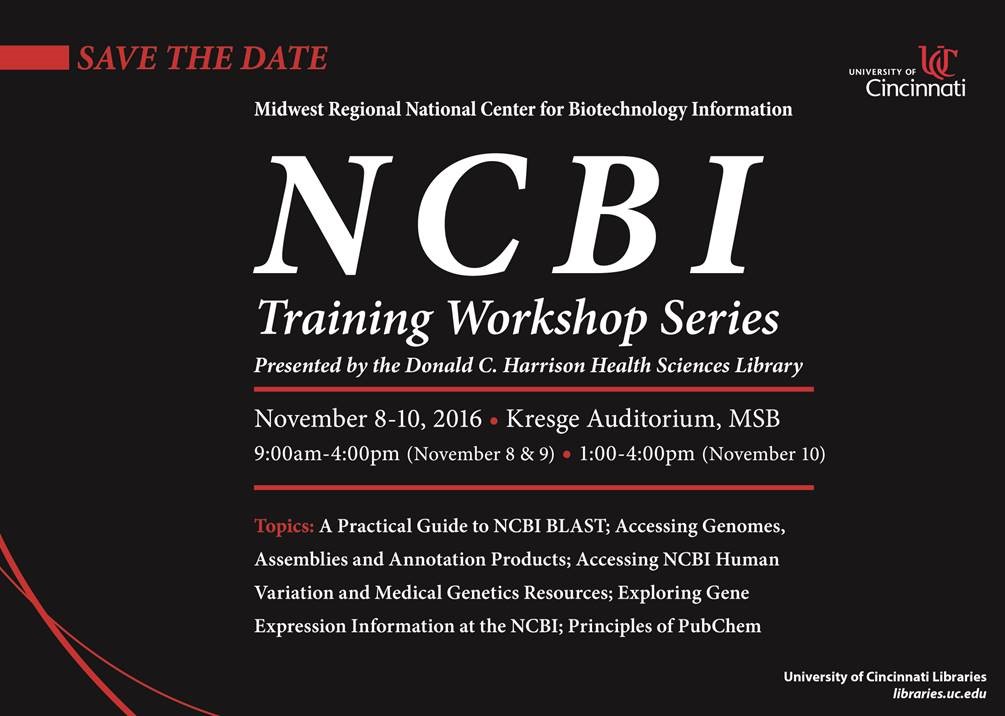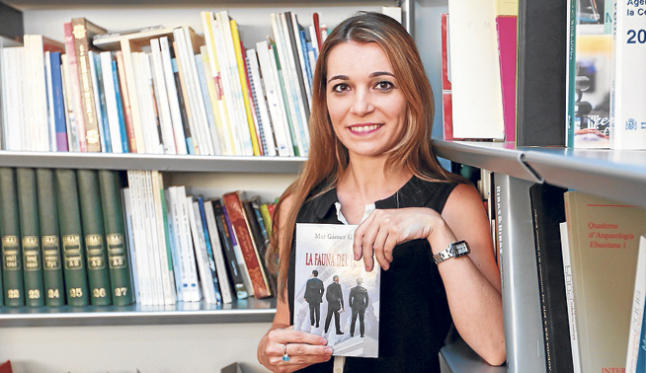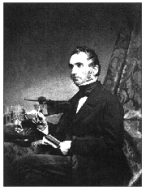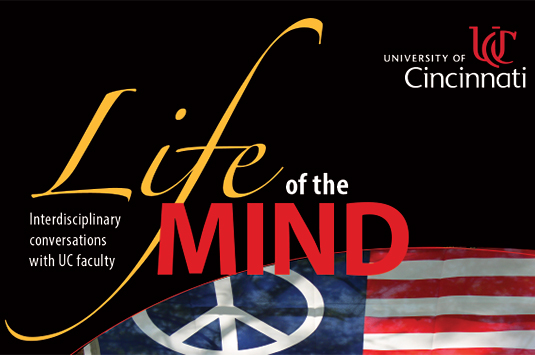The Chemistry-Biology Library Info Commons includes a number of specialized software applications at each workstation, for drawing chemical structures, molecular modelling, as well as data analysis. Specifically, the software suite includes Chemdraw Prime, Gaussian/Gaussian View, Spartan, MestreNova, Mathematica, and UnscramblerX.
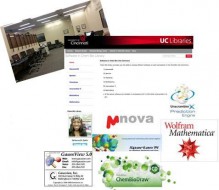 To help you use this software, Chem-Bio Library Graduate Assistant Dylan Shields maintains guides with basic information and helpful tutorials for these programs: http://guides.libraries.uc.edu/chembio-software.
To help you use this software, Chem-Bio Library Graduate Assistant Dylan Shields maintains guides with basic information and helpful tutorials for these programs: http://guides.libraries.uc.edu/chembio-software.
For in-person help, please see Dylan during his usual working hours: Mon 9-1, Tue 11-3, Wed 9-1.

 In October, the
In October, the 